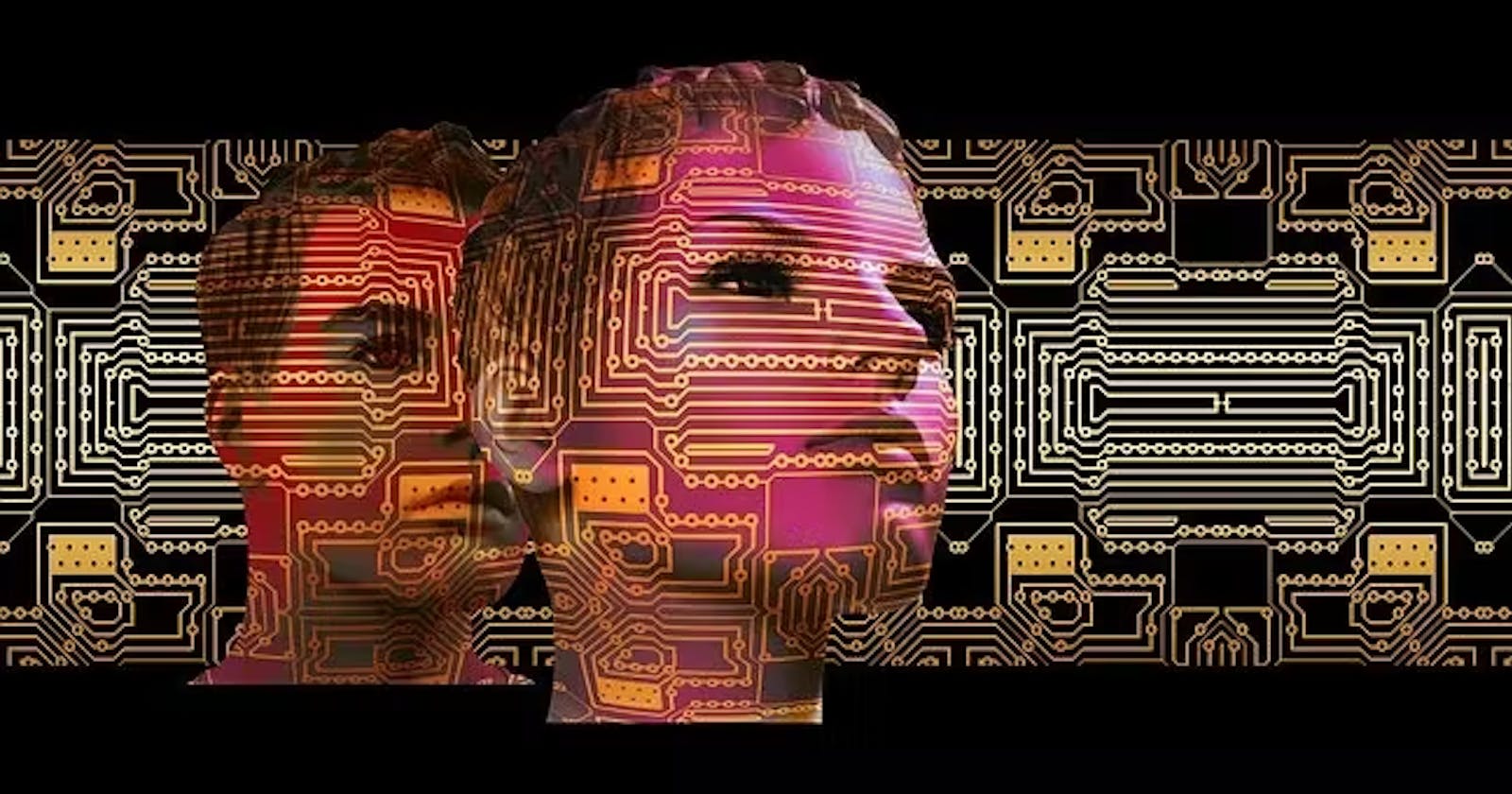Embracing the Impact: Preparing for the Transformation of Jobs in the AI Era
-The Impact of Artificial Intelligence on the Job Market
🟠Introduction
✅Artificial Intelligence (AI) is transforming the way we live and work, and its impact on the job market is a topic of ongoing discussion and concern. With the increasing use of AI in the workplace, many routine tasks are being automated, leading to changes in the job market and posing both challenges and opportunities for workers. This article explores the current state of AI in the workforce, how it is changing the job market, the skills workers need to stay relevant, and the ethical considerations surrounding AI and its effect on employment. By understanding the impact of AI on the job market, we can better prepare for the future and ensure that the benefits of AI are widely shared.
🟠The Impact of Artificial Intelligence on the Job Market
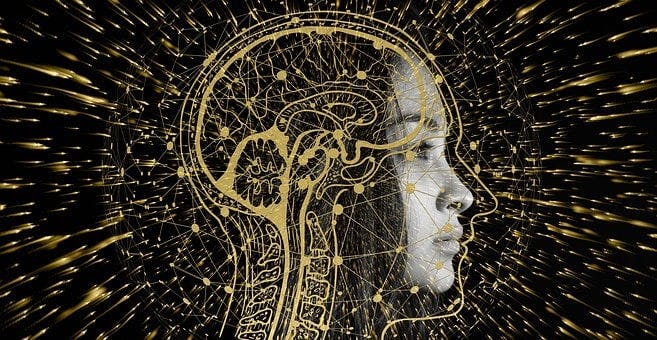
✅The field of Artificial Intelligence (AI) is rapidly expanding and shaping the landscape of our daily lives and work. As AI technologies are implemented more widely in the workplace, the job market is experiencing major shifts. With the improvement and progression of AI systems, they are increasingly taking over responsibilities that were once performed by humans, raising concerns about job security and the future of employment.
🟠The current state of AI in the workforce
✅The current state of AI in the workforce is one of rapid growth and increasing adoption. AI technologies are being implemented in a wide range of industries, from manufacturing and retail to finance and healthcare. The main driver of this trend is the desire to improve efficiency and streamline operations, as AI systems can automate routine tasks and make data-driven decisions more quickly and accurately than humans.
✅One of the most noticeable impacts of AI in the workforce is the displacement of workers. As AI systems take over routine tasks, many workers may find their jobs at risk, particularly those in low-skilled, low-wage positions. This has led to concerns about widespread unemployment and income inequality, as well as the need for workers to adapt to new skill sets and career paths.
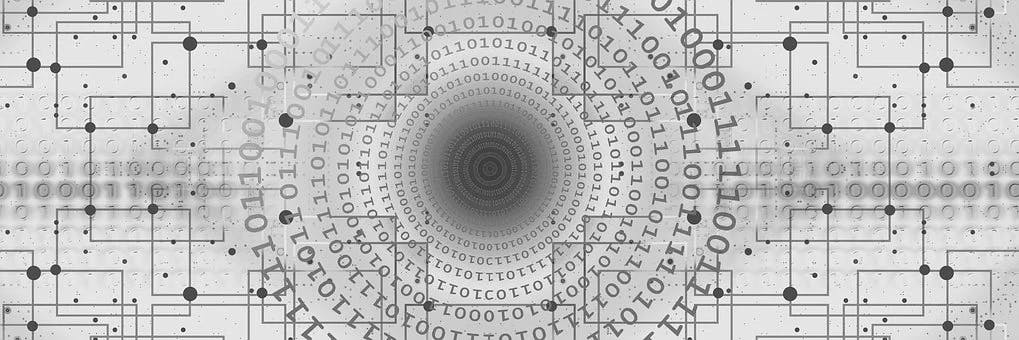
✅However, the impact of AI on the job market is not entirely negative. AI is also creating new job opportunities in areas such as data analysis, software development, and AI research. These jobs typically require specialized skills and knowledge, such as machine learning and data science, that are in high demand. As a result, workers who invest in these skills will likely see better job prospects and higher salaries.
✅In some industries, AI is being used to improve customer experiences, enhance supply chain optimization, and drive innovation. For example, in retail, AI systems are being used to personalize the shopping experience and recommend products based on customer preferences and past purchases. In finance, AI systems are being used to automate risk assessments, detect fraud, and streamline loan processing.
✅AI is also changing the way work is done, with the rise of remote work and increased automation. Remote work has been made possible by advances in AI-powered communication and collaboration tools, which enable teams to work together seamlessly from different locations. At the same time, the use of AI is leading to the creation of new roles, such as AI trainers and maintainers, who are responsible for managing and maintaining AI systems.
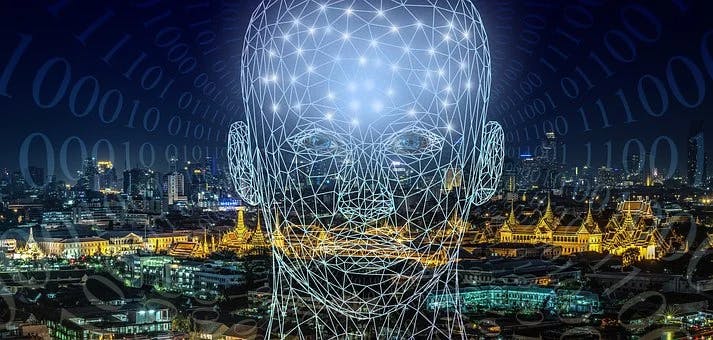
✅In conclusion, the current state of AI in the workforce is one of transformation, as AI technologies are changing the way work is done and creating both challenges and opportunities for workers. As AI continues to evolve, it will be important for businesses, workers, and policymakers to collaborate and ensure that the benefits of AI are widely shared. This may involve retraining programs for workers who are displaced, as well as investment in education and training to equip workers with the skills they need to succeed in a rapidly changing technology landscape.
🟠The Transformation of the Job Market through AI
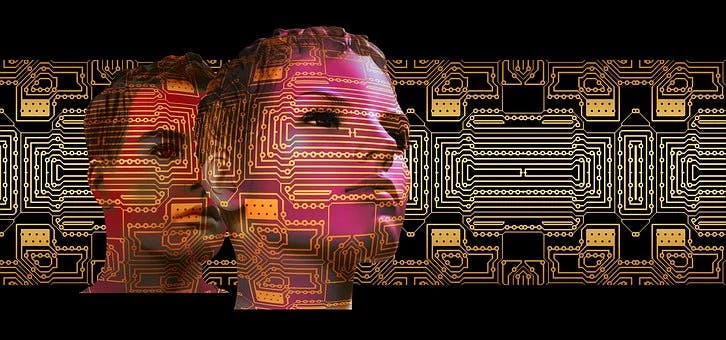
✅One of the biggest impacts of AI on the job market is the displacement of workers. As AI systems take over routine tasks, many workers may find their jobs at risk. This could lead to widespread unemployment and income inequality, as the most affected workers are typically those in low-skilled, low-wage positions.
However, AI is also creating new job opportunities in areas such as
🔹data analysis
🔹software development
🔹AI research
✅These jobs typically require specialized skills and knowledge, such as machine learning and data science, that are in high demand. As a result, workers who invest in these skills will likely see better job prospects and higher salaries.
✅Skills workers need to stay relevant in a rapidly evolving technology landscape
✅To stay relevant in a rapidly evolving technology landscape, workers need to develop new skills and adapt to the changing demands of the job market. Some of the most in-demand skills in the age of AI include:
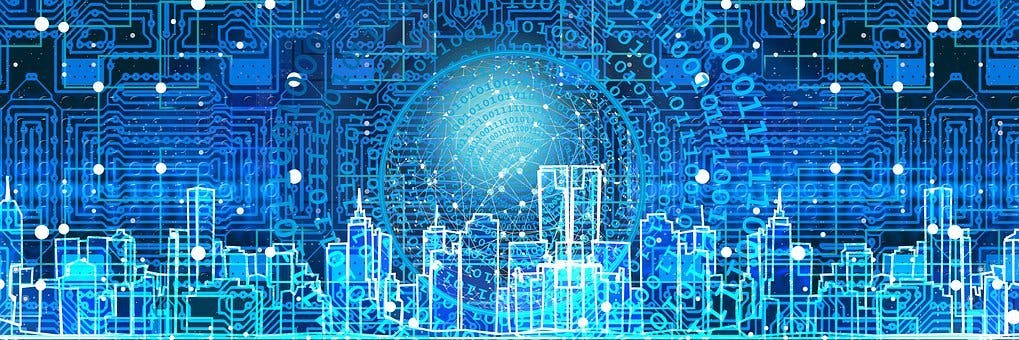
☑Machine learning: This is the process of teaching computers to learn from data and make predictions. Machine learning is a critical skill for AI developers and data scientists.
☑Data science: This field combines statistics, mathematics, and computer science to extract insights from data. Data scientists are in high demand as businesses seek to make data-driven decisions.
☑Software development: As AI systems become more advanced, they require specialized software developers to build, maintain, and upgrade them.
☑Communication and collaboration: With the rise of remote work, the ability to communicate effectively and collaborate with others is becoming increasingly important.
🟠AI's Ethical Impact on Employment
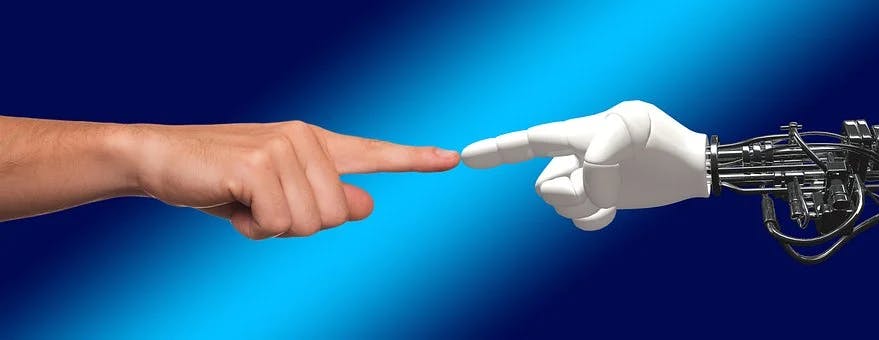
✅As AI continues to transform the job market, there are also ethical considerations that need to be taken into account. The impact of AI on employment brings up important questions about worker privacy, as AI systems collect and analyze large amounts of personal data. Who is responsible for the decisions made by AI systems and the consequences of those decisions are also a concern. These ethical considerations surrounding AI and its effect on employment highlight the need for businesses, workers, and policymakers to consider the impact of AI on society and work together to ensure that its benefits are widely shared.
✅Worker privacy is a major concern in the age of AI. As AI systems collect and analyze large amounts of personal data, there are concerns about how this data will be used and who will have access to it. Workers need to be aware of their rights and the potential consequences of their data being collected and analyzed by AI systems. It is important for businesses to be transparent about their data collection practices and to have strong privacy policies in place to protect workers.
🟠Conclusion
✅In conclusion, the impact of AI on the job market is a complex and multi-faceted issue that is having a profound effect on the way we work and live. AI technologies are transforming the job market by automating routine tasks, causing some jobs to become obsolete while creating new opportunities in areas such as data analysis, software development, and AI research. As AI continues to evolve, workers need to invest in new skills and adapt to the changing demands of the job market. However, it is also important to consider the ethical implications of AI, including its impact on worker privacy and the consequences of decisions made by AI systems. To ensure that the benefits of AI are widely shared, it is crucial for businesses, workers, and policymakers to work together to address the challenges and opportunities posed by AI in the job market.
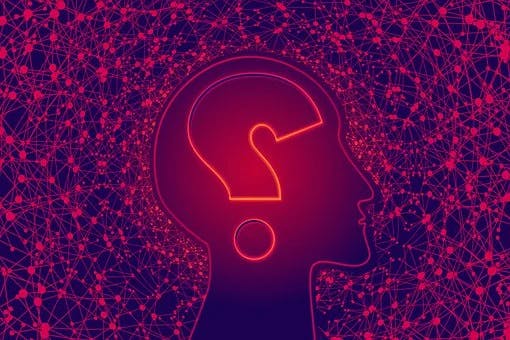
✅Thank you for taking the time to read this article on the impact of AI on the job market. As we've seen, AI is changing the job market in many ways, both positive and negative. On the one hand, AI is automating many routine tasks and leading to job displacement in some industries. On the other hand, AI is creating new job opportunities in areas such as data analysis, software development, and AI research. As we move forward, it will be important for workers to adapt to these changes by developing new skills and staying up to date with the latest technology.
✅At the same time, we must also consider the ethical implications of AI and ensure that its benefits are shared widely. I hope this article has been informative and thought-provoking. If you would like to connect or collaborate, please feel free to reach out through my social media accounts listed below. Thank you again for your time!
➲ Mithin Dev
GitHub: github.com/mithindev
Twitter: twitter.com/MithinDev
LinkedIn: linkedin.com/in/mithin-dev-a-397983247
#ArtificialIntelligence #JobMarket #AIandEmployment #FutureofWork #WorkforceTransformation #EthicalImpact #SkillsforAI #DataScience #MachineLearning #SoftwareDevelopment #Innovation #DisruptiveTech #DigitalTransformation
